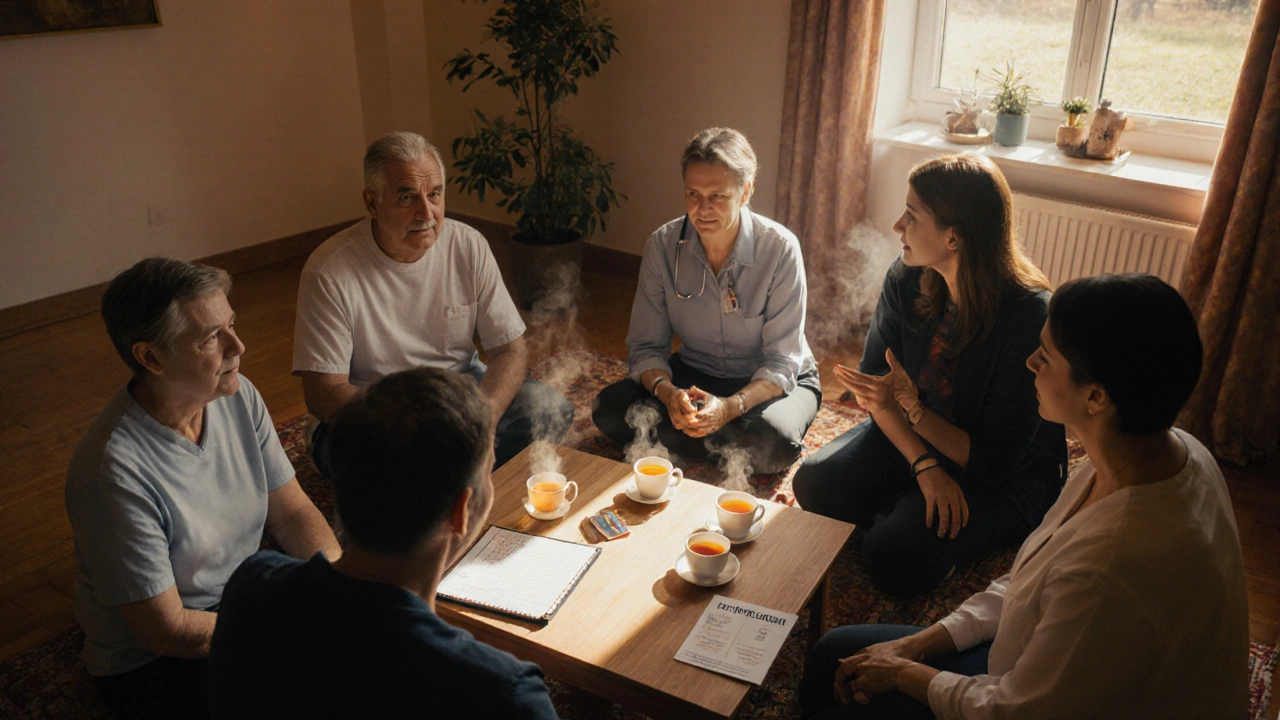Support Groups
When talking about support groups, organized gatherings where people share similar health or life challenges to give each other emotional and practical help. Also known as peer support circles, they enable members to learn coping strategies, reduce feelings of isolation, and stay motivated. Support groups often meet in person or online, and they can focus on anything from addiction recovery to coping with a new diagnosis. This opening definition sets the stage for the range of resources you’ll see below.
Why Join a Support Group?
One major type is mental health support groups, spaces where people dealing with anxiety, depression, PTSD, or related conditions discuss experiences and share coping tools. These groups often follow a structured format, encouraging members to talk about triggers, therapy outcomes, and medication side effects. The result: participants report lower stress levels and a clearer view of treatment options. Peer support in this setting creates a safety net, especially when professional help may be hard to access or when stigma holds someone back from speaking up.
Another crucial slice is chronic illness support groups, communities for those living with long‑term conditions like rheumatoid arthritis, heart failure, or diabetes. Here, members exchange practical tips about medication management, diet adjustments, and navigating doctor appointments. They also discuss emotional ups and downs, which helps reduce depression that often accompanies chronic disease. By connecting with people who truly understand daily challenges, members can adopt new self‑care routines faster and feel less alone.
Beyond formal meetings, online support communities have exploded in recent years. Forums, social media groups, and video chat rooms let anyone join from home, breaking geographic barriers. When looking for a good fit, check that the platform verifies members’ experiences, offers moderated discussions, and respects privacy. A well‑run online group can provide instant answers to medication questions, recommend reputable resources, and even alert members to new research.
Below you’ll find a curated list of articles that dive deeper into specific conditions and treatments—everything from vitamin deficiencies that cause burning sensations, to medication comparisons for skin care, heart health, and mental health. Whether you’re seeking coping ideas for PTSD, nutritional tips for sun protection, or guidance on buying affordable generic meds, these posts give actionable insights you can apply right away. Explore the collection to see how support groups intersect with each topic and discover practical steps you can take today.
Hepatic Encephalopathy Support Groups & Online Communities: How They Help
Learn how support groups and online communities help people with hepatic encephalopathy manage symptoms, reduce hospital visits, and boost quality of life.
Read more
